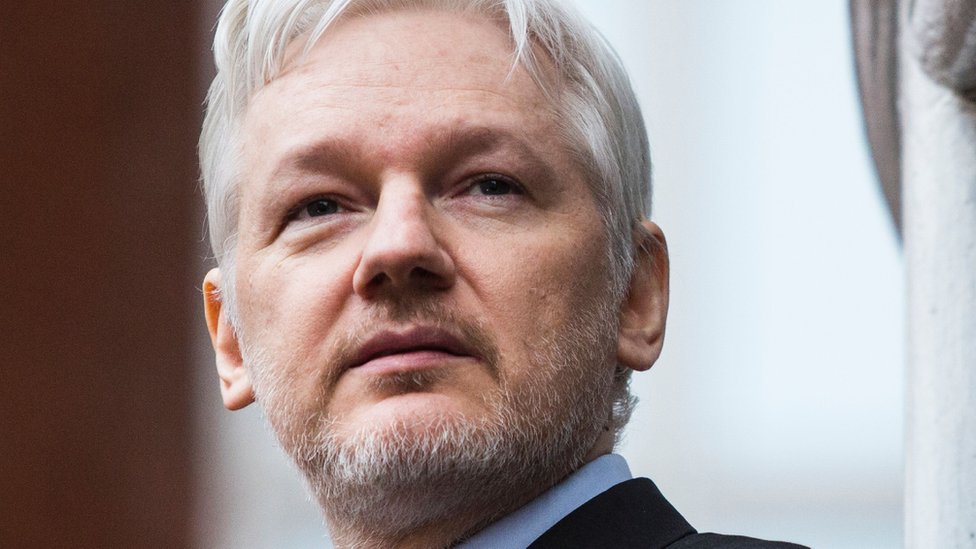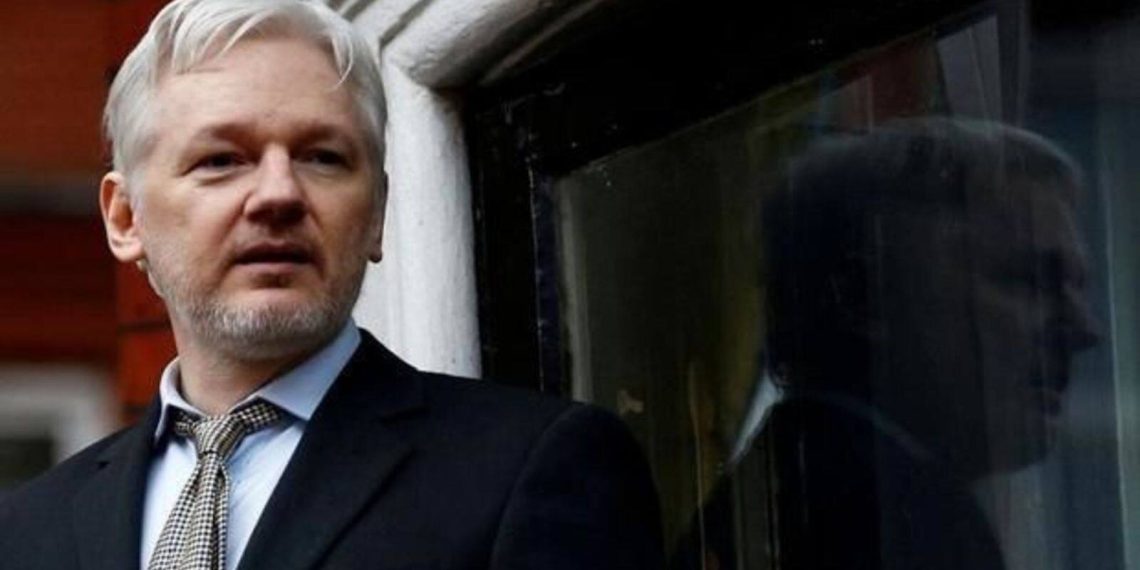Julian Assange, the controversial founder of WikiLeaks, enters a critical phase in his legal battle against extradition from Britain to the United States. Facing charges related to the release of confidential US military records and diplomatic cables, Assange’s case has garnered international attention over the past 13 years.
Outside the High Court in London, supporters gather in solidarity with Assange, chanting slogans against his extradition. His wife, Stella, addresses the crowd, emphasizing the importance of truth and justice in the face of governmental persecution.
Assange’s legal journey began in 2010, culminating in his asylum at Ecuador’s embassy in London for seven years. Following his arrest in 2019, concerns over his mental health initially stalled his extradition, but Britain ultimately approved it in 2022.
In this pivotal two-day hearing, Assange’s legal team contends that his prosecution is politically motivated and constitutes an assault on free speech. They argue that charging Assange under the Espionage Act sets a dangerous precedent for press freedom.
Support for Assange extends beyond grassroots activists to include prominent figures like Amnesty International and Australian Prime Minister Anthony Albanese. The outcome of this hearing could lead to further appeals, including to the European Court of Human Rights, underscoring the gravity of the situation.

Stella Assange stresses the urgency of the decision, citing her husband’s deteriorating health and the risk of his death in custody. Comparisons to other activists, such as Alexei Navalny, highlight the broader implications of Assange’s case for human rights and journalistic integrity.
WikiLeaks’ exposure of classified information in 2010 sparked a global debate over government transparency and accountability. As Assange’s extradition hearing unfolds, the world watches closely, grappling with the delicate balance between national security and press freedoms.














